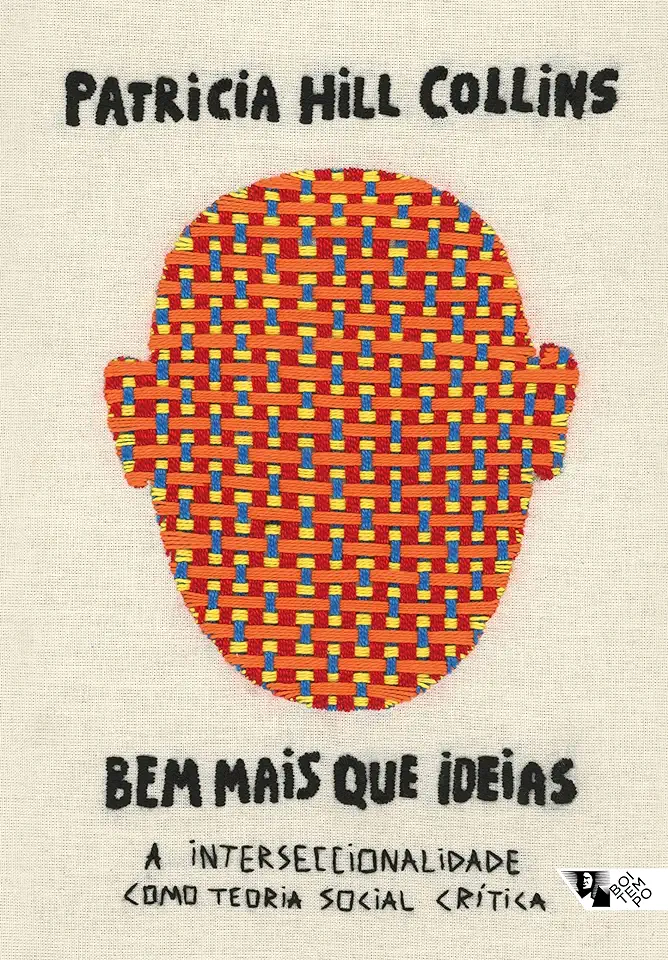
More Than Ideas - Patricia Hill Collins
More Than Ideas: The Power of Intersectionality in Transforming the Academy and the World
Introduction
In her groundbreaking book, "More Than Ideas: The Power of Intersectionality in Transforming the Academy and the World," Patricia Hill Collins argues that intersectionality is a critical framework for understanding and addressing the complex ways in which race, class, gender, and other forms of social inequality intersect and shape our lives. Drawing on her own experiences as a Black feminist scholar, Collins demonstrates how intersectionality can be used to challenge traditional notions of knowledge production and social change, and to create more just and equitable societies.
Intersectionality as a Framework for Understanding Inequality
Collins begins by defining intersectionality as "a framework for understanding how multiple forms of oppression and discrimination overlap and intersect to create unique experiences of inequality." She argues that intersectionality is not simply about adding together different forms of oppression, but rather about understanding how they interact with each other to create new and distinct forms of injustice. For example, a Black woman may experience racism and sexism in different ways than a White woman or a Black man, and these experiences cannot be fully understood without considering the intersection of race and gender.
Intersectionality in the Academy
Collins goes on to discuss how intersectionality can be used to transform the academy. She argues that traditional academic disciplines are often based on a single axis of analysis, such as race or gender, and that this can lead to a limited and incomplete understanding of social inequality. By contrast, intersectionality encourages scholars to consider the multiple dimensions of identity and experience, and to develop more nuanced and comprehensive analyses of social problems.
Intersectionality in the World
Collins also explores how intersectionality can be used to transform the world beyond the academy. She argues that intersectionality can be a powerful tool for social change, by helping us to understand the root causes of inequality and to develop more effective strategies for addressing them. For example, intersectionality can help us to understand why Black women are more likely to experience poverty and violence than White women, and to develop policies that address the specific needs of this population.
Conclusion
"More Than Ideas" is a powerful and provocative book that offers a new way of understanding and addressing social inequality. Collins's work is essential reading for anyone interested in social justice, and it is sure to inspire a new generation of scholars and activists to fight for a more just and equitable world.
Why You Should Read This Book
If you are interested in social justice, intersectionality, or the power of ideas to change the world, then you should read "More Than Ideas." This book is a must-read for anyone who wants to understand the complex ways in which race, class, gender, and other forms of social inequality intersect and shape our lives. Collins's work is groundbreaking and inspiring, and it is sure to leave a lasting impact on your thinking.
How to Buy This Book
"More Than Ideas" is available for purchase online and in bookstores. You can also find it in many libraries.
Enjoyed the summary? Discover all the details and take your reading to the next level — [click here to view the book on Amazon!]